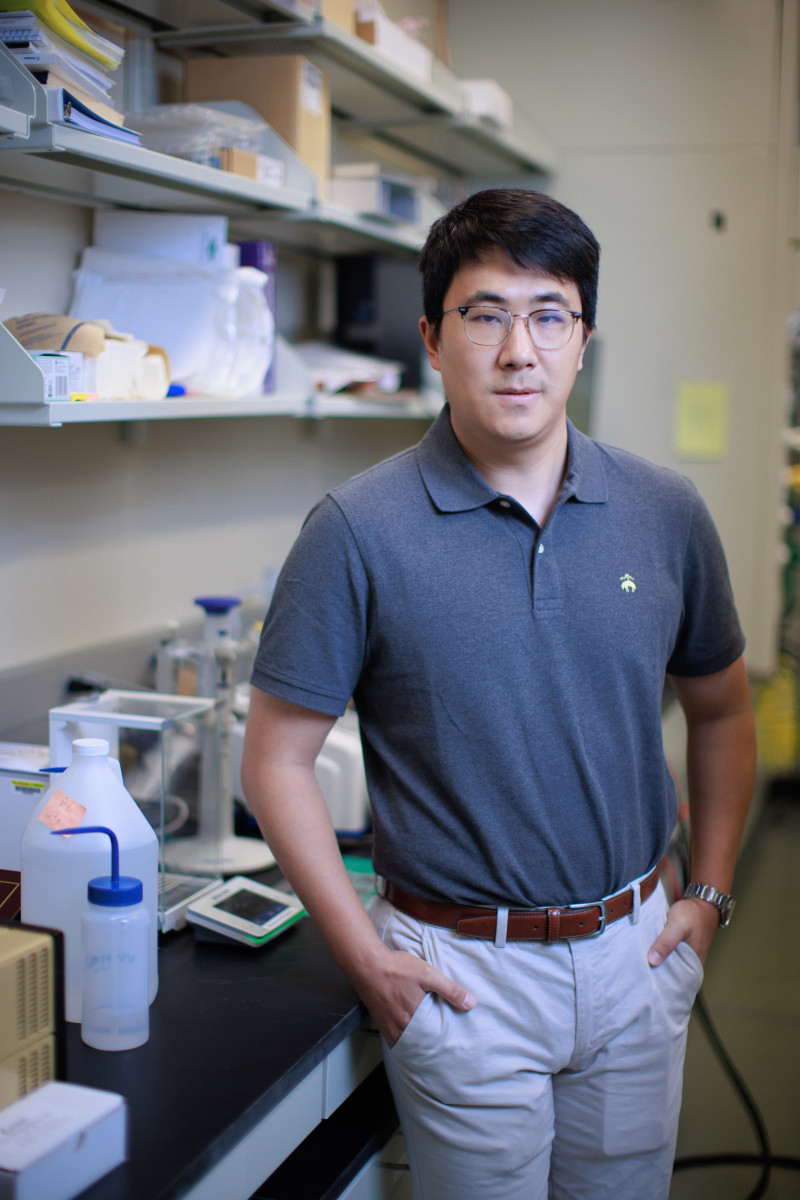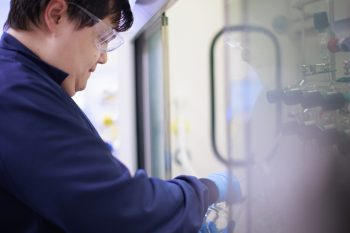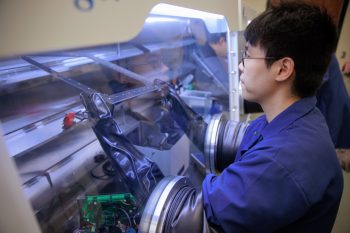
Dr. Zhongyang Wang, assistant professor of chemical and biological engineering, was selected as an awardee of the Inspiring Generations of New Innovators to Impact Technologies in Energy (IGNIITE) 2024 program. The IGNIITE program is a part of the Advanced Research Projects Agency-Energy within the U.S. Department of Energy.
“As a new faculty member just starting in this position, it means a lot to get my research group established and receive funding from a prestigious agency,” Wang said. “This recognition affirms that my research ideas are meaningful to society and my students can continue working on these exciting ideas.”

The objective of the IGNIITE program is to empower early-career scientists and engineers seeking to convert disruptive and unconventional ideas into impactful new technologies across the full spectrum of energy applications.
Along with the opportunity to present research and seek out industry collaboration, Wang will receive nearly $500,000 in funding to advance his research project at the University. Wang’s research focuses on reducing pollution of greenhouse emissions in marine transportation, using sodium borohydride fuel cell

technology as a substitute for marine diesel oil.
According to Wang, use of the sodium borohydride fuel cell could revolutionize marine transportation, as it is environmentally friendly.
“Our technology is completely green; there is no carbon dioxide or greenhouse gas emissions during the operation of our fuel cell,” he said.
One objective of Wang’s research is actualizing the innovation of the separator within the fuel cell. With such an innovation, a fuel cell would be able to operate at its peak performance without degradation for thousands of hours.
To learn more about the IGNIITE program, visit https://arpa-e.energy.gov/technologies/programs/igniite.